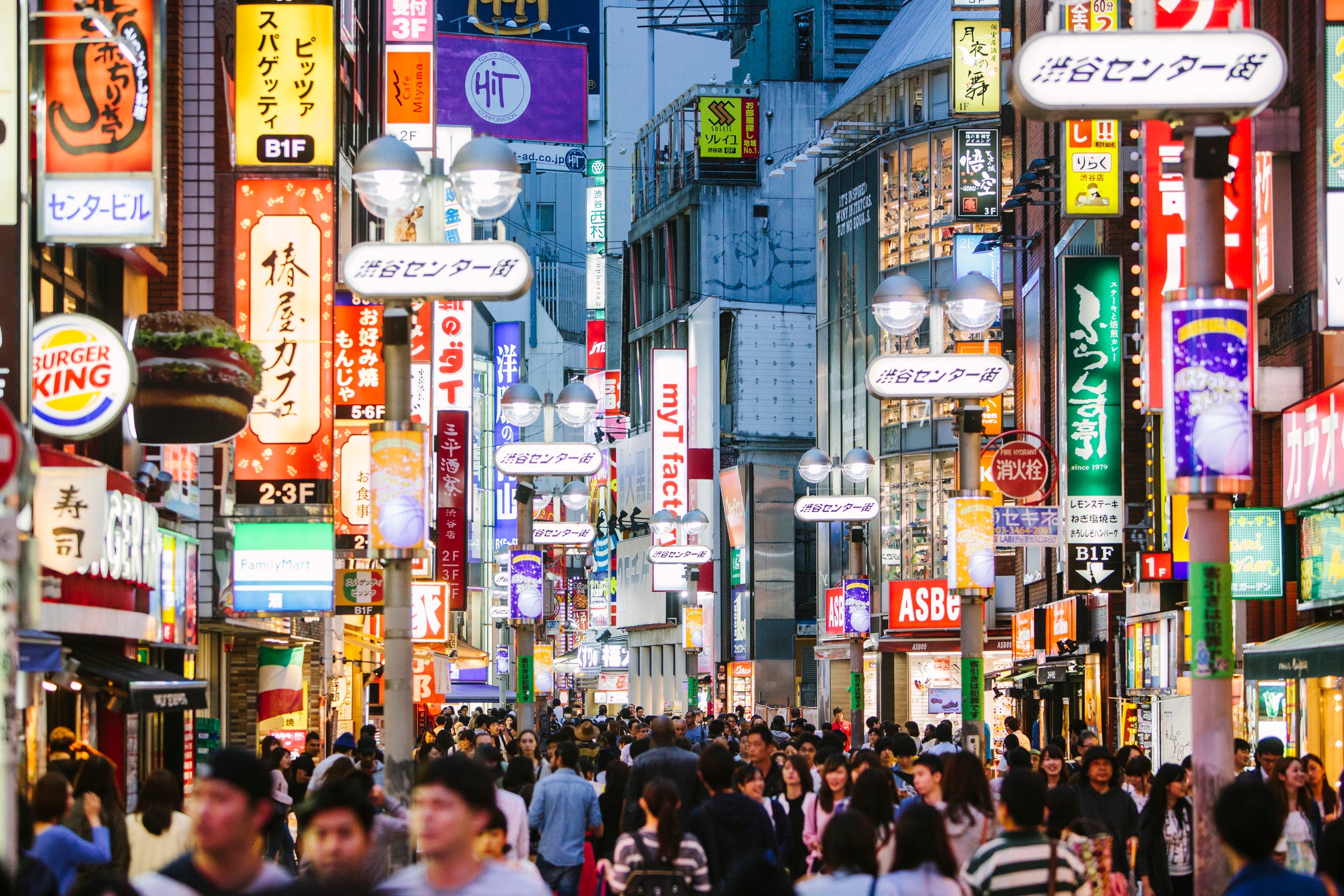EU removes Japan and four other countries from its safe travel list
Infection rates in the east Asian country spiked last month, but the country remains on the UK’s amber list

Your support helps us to tell the story
From reproductive rights to climate change to Big Tech, The Independent is on the ground when the story is developing. Whether it's investigating the financials of Elon Musk's pro-Trump PAC or producing our latest documentary, 'The A Word', which shines a light on the American women fighting for reproductive rights, we know how important it is to parse out the facts from the messaging.
At such a critical moment in US history, we need reporters on the ground. Your donation allows us to keep sending journalists to speak to both sides of the story.
The Independent is trusted by Americans across the entire political spectrum. And unlike many other quality news outlets, we choose not to lock Americans out of our reporting and analysis with paywalls. We believe quality journalism should be available to everyone, paid for by those who can afford it.
Your support makes all the difference.Japan has been removed from the European Union’s list of safe travel destinations, meaning travellers returning from the country are likely to face stricter rules around testing and quarantine.
Albania, Armenia, Azerbaijan, Brunei and Serbia were also dropped from the list following a review by the governments of the EU’s 27 member states on Thursday.
Elsewhere, Uruguay has been added to the list of safe countries alongside Australia, Bosnia and Herzegovina, Canada, Jordan, New Zealand, Qatar, Moldova, Saudi Arabia, Singapore, South Korea, Ukraine and China (subject to confirmation of reciprocity).
The coalition advises that “member states should gradually lift the travel restrictions at the external borders” for residents of countries on the safe list.
Criteria considered in decision-making includes the current epidemiological situation and overall response to Covid-19 adopted by a particular country.
The list, which is reviewed every fortnight, exists as guidance aimed at unifying travel rules across the bloc, but its recommendations are not mandatory, with EU nations free to decide their own border policies.
Decisions made by the bloc do not correspond to the UK following suit, however; Japan is currently on the UK’s amber list, with inbound visitors to the country currently denied entry except in “exceptional circumstances”.
A sharp rise in infections at the end of August led health officials in the east Asian country to warn that it was approaching a “natural disaster”.
Japan recorded more than 20,000 new cases at the end of last month, setting a record high, with two-thirds of the country’s prefectures experiencing an “explosive growth” of infections caused by the Delta variant.
Young people in their twenties and thirties accounted for the majority of the new cases, but cases of seriously ill patients have risen among people in their forties and fifties due to the country’s slow vaccine rollout.
To date, the country has reported 1,603,112 confirmed cases of Covid and 16,525 deaths.
According to Taro Kono, the minister in charge of vaccinations, more than 80 per cent of Japan’s elderly population have been double jabbed, compared with less than 20 per cent of those aged 12 to 64 who are eligible for the vaccine.
Join our commenting forum
Join thought-provoking conversations, follow other Independent readers and see their replies
Comments